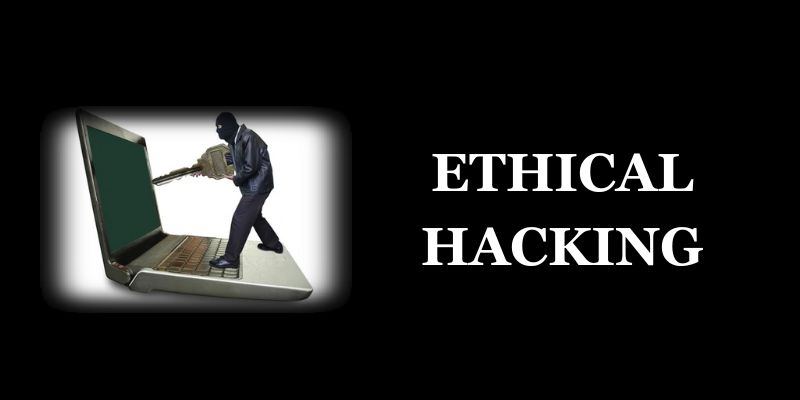
In today’s digital age, cybersecurity is more critical than ever, and ethical hacking plays a vital role in protecting organizations from cyber threats. As the demand for skilled ethical hackers grows, certifications have become an essential part of establishing and advancing a career in this field. In this blog, we’ll explore the role of certifications in an ethical hacking career. Ethical Hacking Course in Chennai can help you stand out in the competitive cybersecurity landscape.
Role of Certifications in an Ethical Hacking
1. Why Ethical Hacking Certifications Matter
Certifications serve as a formal recognition of your skills and knowledge in ethical hacking. They demonstrate to employers that you have met a certain standard of expertise and are capable of handling complex cybersecurity challenges.
- Industry Recognition: Certifications are widely recognized by employers and industry professionals as a benchmark of your abilities.
- Career Advancement: Having certifications can lead to better job opportunities, higher salaries, and increased job security.
In a field where trust and credibility are paramount, certifications provide assurance to employers that you possess the necessary skills to protect their networks and systems.
2. Popular Ethical Hacking Certifications
There are several certifications available for ethical hackers, each catering to different levels of experience and expertise. Some of the most popular certifications include:
- CEH (Certified Ethical Hacker): Offered by EC-Council, this certification is one of the most well-known and widely recognized in the ethical hacking community. It covers a broad range of topics, including network security, penetration testing, and ethical hacking methodologies.
- OSCP (Offensive Security Certified Professional): This certification is known for its rigorous hands-on testing, requiring candidates to demonstrate their ability to compromise systems in a controlled environment.
- CISSP (Certified Information Systems Security Professional): Although not exclusively an ethical hacking certification, CISSP is highly regarded in the cybersecurity field and covers a wide range of security topics.
Each of these certifications has its own set of requirements, and choosing the right one depends on your career goals and level of experience.
3. The Benefits of Earning Ethical Hacking Certifications
Earning an ethical hacking certification offers several benefits that can enhance your career:
- Skill Validation: Certifications validate your skills and knowledge, giving you a competitive edge in the job market.
- Professional Growth: Certifications often require continuous education, ensuring that you stay updated with the latest trends and technologies in cybersecurity.
- Networking Opportunities: Many certification programs offer access to professional networks like FITA Academy and communities, providing valuable opportunities for collaboration and career advancement.
In a rapidly evolving field like cybersecurity, certifications help you stay relevant and competitive.
4. How to Choose the Right Certification
Choosing the right certification depends on your current skill level, career goals, and areas of interest. Consider the following factors when making your decision:
- Career Path: If you’re just starting out, a foundational certification like CEH might be the best choice. For more advanced professionals, certifications like OSCP or CISSP may be more appropriate.
- Employer Requirements: Research the certifications that are most valued by employers in your desired field or industry.
- Cost and Time: Some certifications require significant time and financial investment. Make sure to choose a certification that fits your budget and schedule.
Taking the time to research and choose the right certification will ensure that you get the most value from your investment.
5. Preparing for Certification Exams
Once you’ve chosen a certification, it’s important to prepare thoroughly for the exam:
- Study Materials: Use official study guides, practice exams, and online courses to build your knowledge.
- Hands-on Practice: Ethical hacking is a practical field, so hands-on experience is crucial. Use labs and simulations to practice the skills you’ll need for the exam.
- Join Study Groups: Collaborating with others who are preparing for the same certification can provide motivation and valuable insights.
Effective preparation is key to passing your certification exam and advancing your ethical hacking career.
Certifications play a crucial role in the ethical hacking field, offering validation of your skills, enhancing your career prospects, and ensuring that you stay current with the latest cybersecurity trends. Whether you’re just starting out through an Ethical Hacking Course in Bangalore or looking to advance your career, earning certifications like CEH, OSCP, or CISSP can open doors to new opportunities and help you achieve your professional goals. As the cybersecurity landscape continues to evolve, certifications will remain an essential tool for ethical hackers seeking to protect organizations from ever-growing cyber threats.
